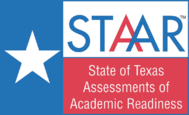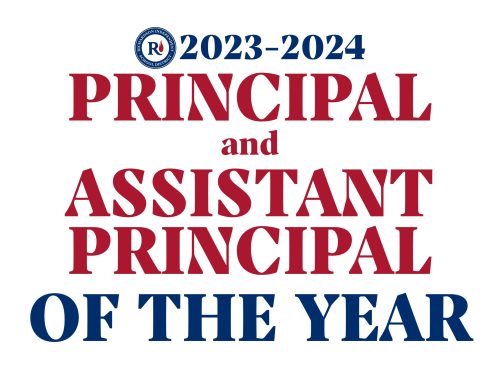At the June 13 board work session, RISD shared several end of year performance metrics with trustees, including preliminary STAAR results, end of year MAP results, and data from RISD’s annual climate survey of teachers.
Preliminary STAAR Results
STAAR is the required and standardized student assessment from state of Texas, and RISD has received the initial data of district-level results that demonstrate growth and improvement in most areas tested.
Students are assessed in grades 3-12 across different subjects including reading, math, science and social studies. STAAR was canceled in 2020 due to the pandemic and last year’s results across Texas, including RISD, demonstrated significant declines attributed to pandemic learning loss.
This year’s preliminary results demonstrate RISD students are improving in most areas, in some cases substantially, and even approaching pre-pandemic performance levels from 2019. In addition to growth in most areas at the state’s “approaches” level, RISD students also grew in the “meets” and “masters” levels, all of which will eventually be used in state accountability ratings. In the “All Tests” categories, RISD students improved across the board in Reading, Math, and Science compared to 2021.
“Overall, these results demonstrate positive growth for the majority of our students and validates the hard work of our incredible teachers and kids this past year,” said Interim Superintendent Tabitha Branum. “While we certainly have more to do, after a difficult year that included a number of external challenges, it’s appropriate to take a moment to celebrate these positive trends. These results reflect our approach and mantra of growing every student, every day.”
“When we receive our full results, our teams will use the STAAR data in conjunction with our MAP data to help determine next steps and areas of additional focus as we plan for 2022-23. We certainly know that we need to continue to emphasize closing the achievement gap between different student groups, including our economically disadvantaged students.”
The state of Texas is expected to release full STAAR results toward the beginning of next school year along with individual school data and state comparison data as part of accountability ratings.
End of Year MAP Data
The Measurement of Academic Progress (MAP) is a student assessment tool used by school districts across Texas and the U.S. to measure how students are doing three times each school year in reading and math. Monitoring MAP data through a school year helps teachers and administrators know how well each student is understanding the curriculum and at what level of mastery. Teachers then know which students need additional instruction or interventions in certain areas to ensure they are growing academically.
RISD has previously reported beginning and middle of year MAP data, and presented end of year data to trustees this week. MAP is an indicator of whether a student’s actual growth reached their individual expected growth based on previous assessments. MAP results are a normed distribution, meaning the tool expects that while all students will grow academically, 50% of students will meet their expected growth goals.
RISD’s end of year MAP data indicates that 52% of all students in Reading and 53% of all students in Math met their individual growth goals, which exceeds the normed MAP expectations. In addition, a number of grade levels and student groups approached 60%, which is considered by the MAP process to be excellent.
While MAP is a tool primarily used by educators during the school year to help inform teaching and intervention decisions, it is also useful as an annual overall metric, especially when considered with other student performance data, such as STAAR results.
Teacher Climate Survey Results
Trustees also considered and discussed RISD’s end of year teacher climate survey results. Overall, 80% of RISD teachers completed the survey, which was administered the last week of April.
Overall, areas of strength from the teacher survey included campus support for teachers, team training and experiences with colleagues (professional learning communities), central department support, and belief that teachers are focused on student improvement.
The significant area of concern that is a district focus and priority for improvement in 2022-23 relates to student discipline and behaviors, and RISD is studying strategies to address the increase in behavioral issues experienced since students have returned to in-person instruction interrupted by the pandemic.
Student Cell Phone Use
A top survey concern expressed by secondary teachers related to the ongoing distractions and behavioral issues presented by student cell phone use during academic class periods. RISD is currently evaluating changes to student cell phone policies in junior highs and high schools for the 2022-23 school year, and plan to share a potential policy with parents and teachers later in the summer.



